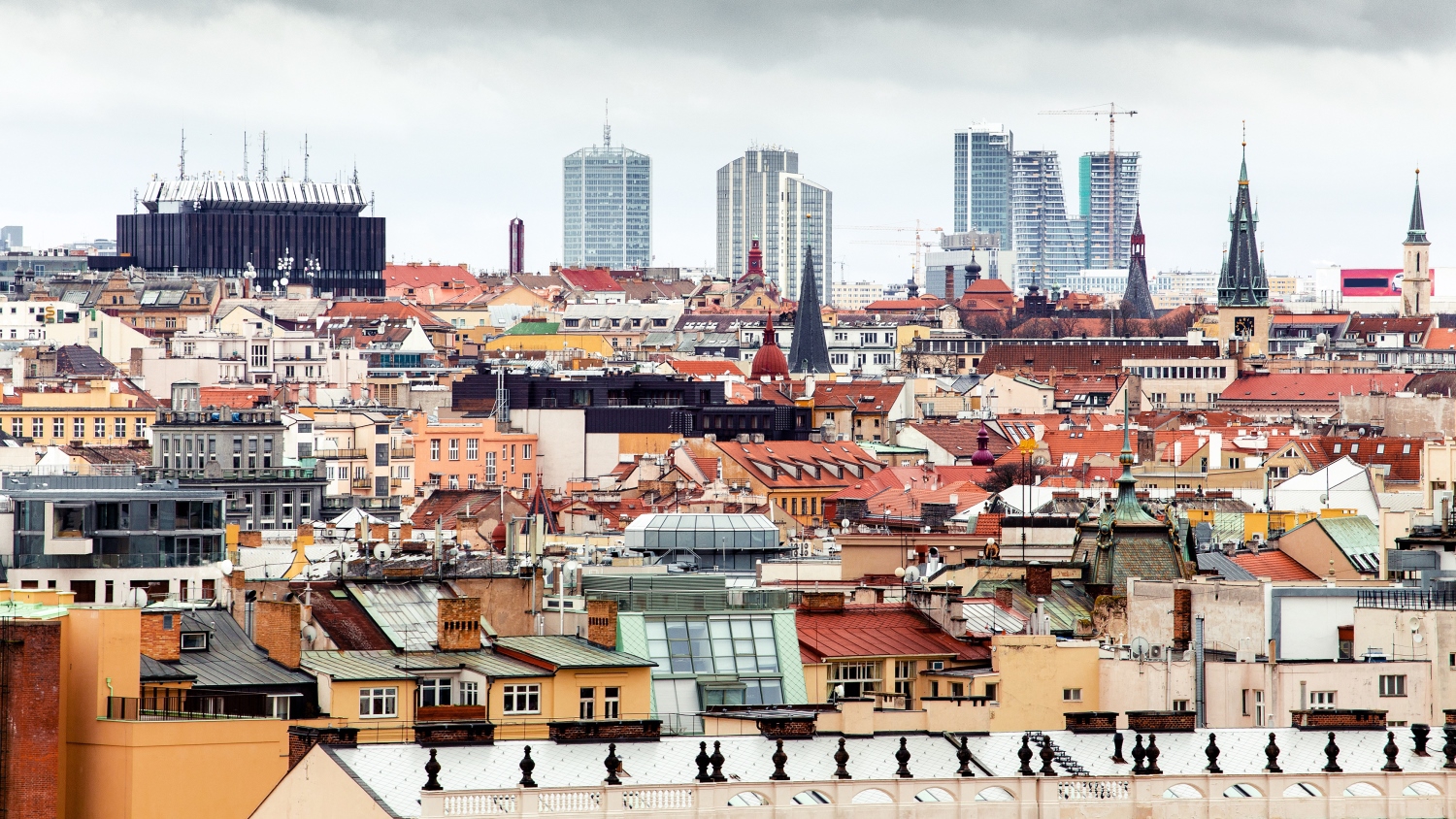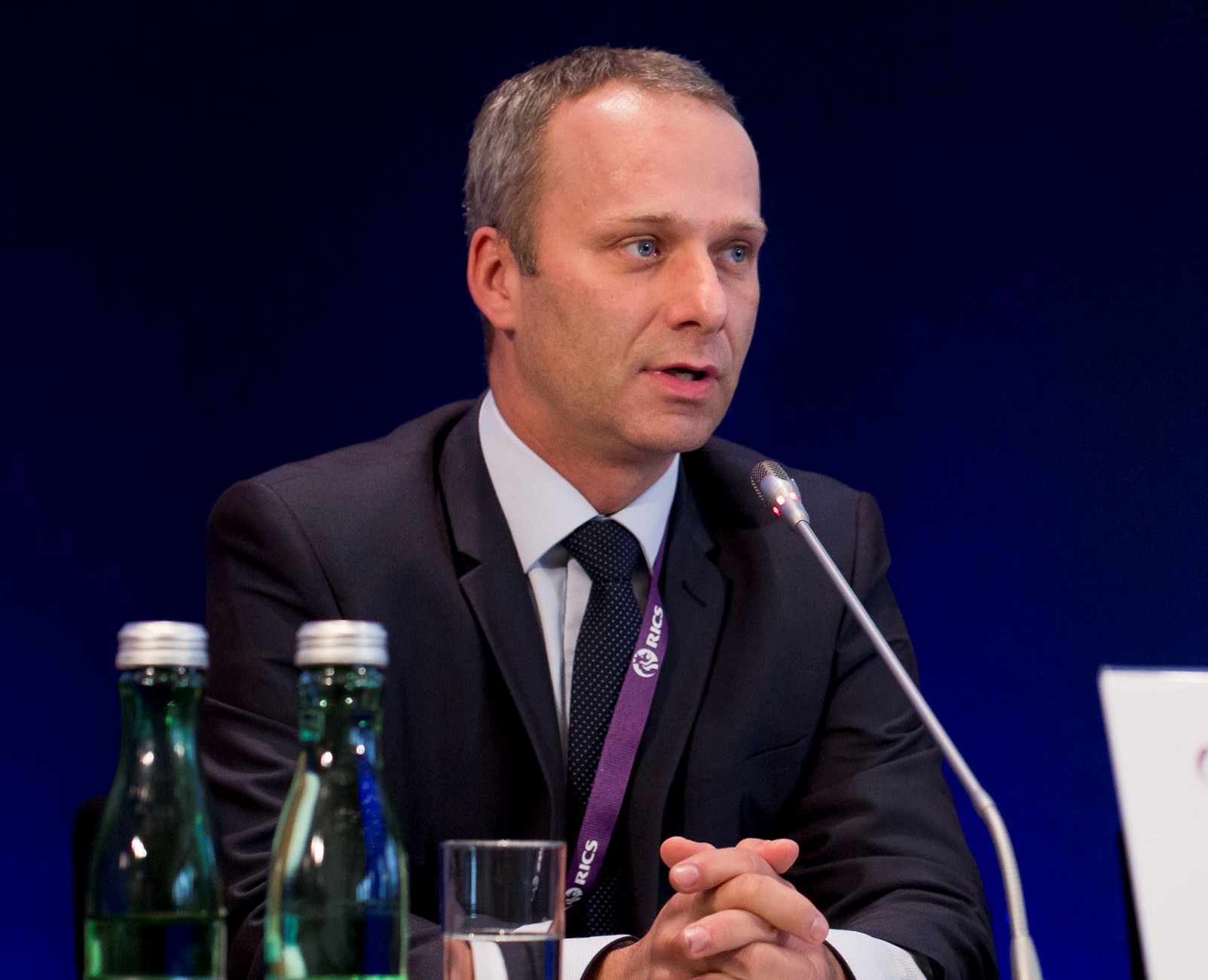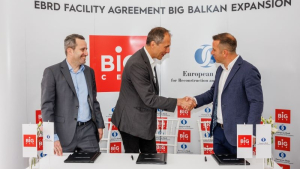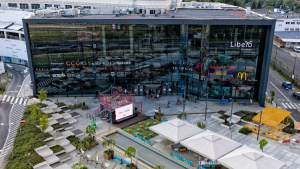Jaroslav Kaizr will join the logistics panel at Prague Property Summit 2017, co-organised by Property Forum and RICS, in Prague on 25 April 2017.
2016 was a really strong year for the Czech property market with the total investment volume reaching €2.4 billion. In your opinion, what makes the Czech market attractive to international investors?
There is no doubt that the stable political and economic environment combined with a strategic location between East and West strongly supports the further growth and attractiveness of the Czech real estate market. Unemployment is at a record low in the Czech Republic, which requires employers to seek higher productivity and encourages greater investment into technology. This is great for the property sector, as capital investment results in longer lease terms and greater commitment from tenants. This in turn brings stability, growth and value to the market which is a great combination, appealing to any investor.
What are the main drivers of growth on the Czech industrial market? From which sectors are tenants coming from?
Strong consumer demand in the Czech Republic supports the further growth of the retail and e-commerce sectors. The shift of production and distribution from the West to the East and growth of the automotive sector add to the attractiveness of the Czech industrial real estate market. Additionally, new infrastructure developments, such as the completed D8 highway or the newly-announced governmental incentives to develop an optic fibre network, also have a positive impact.
How have tenant requirements changed over the last years? How are you preparing for future changes?
It’s not about cheap space and labour anymore, but more and more often about efficiency and productivity in the Czech Republic. Tenants are looking for long-term solutions and thus are more specific on their requirements. A few years ago, 10.5 metre clear height was considered standard for modern Class A facilities, now it is 12 metres, and this goes hand-in-hand with better insulation to reduce heat exchange with the outside world. Broadband internet connection accompanied by building- and technology management systems are the near future for the industrial sector. Tenants are not only looking for green buildings anymore, they want smart buildings – like the one we recently built for Makro in CTPark Prague North, or like what we provided for Pro:Direct in CTPark Teplice.
CTP has completed several office developments in the Czech Republic’s secondary cities. What makes Brno and Ostrava attractive to potential tenants?
Both Brno and Ostrava are modern cities, full of energy and determination, and they are keeping pace with the latest global trends. At the same time, these are self-confident cities – thanks to their proud industrial past, renowned technical and technological know-how and excellence as academic and top universities centres. Both cities offer excellent conditions for attracting shared services centres due to their well-qualified, young workforces, excellent range of modern office facilities and relatively low labour costs. Basically, they understand what businesses need and are able to deliver it. CTP is proud to help them succeed. Thanks to these qualities, together we have won the trust of many employers from the Czech Republic and other countries.
From a developer’s point of view, do these cities offer more opportunities than the Prague office market?
The Prague office market is a completely different animal compared to the markets of Brno and Ostrava. Prague as the capital attracts the HQs of global companies, and is viewed by banks and investors as the primary Czech market. Brno and Ostrava, on the other hand, are great locations for shared services centres, IT development centres and technology R&D. Both have great potential due to labour availability and cost. In Brno, we successfully completed Spielberk Office Center where Marriott recently has moved in. We delivered offices to IBM at Ponavka, and we are starting a new office development, Vlněna which is actually a redevelopment of an industrial brownfield close to Brno’s city centre. In Ostrava, we have built IQ Ostrava for Tieto. All in all, CTP has gained a specific know-how about office development in regional cities over the years.
CTP is also constructing student housing in Brno. Do you have plans for similar developments in other locations?
CTP’s new student housing project will be delivered at our Ponavka business park in Brno. Upon completion, the project will have the capacity to accommodate up to 300 students in a modern, Class A facility in the city centre. CTP currently is in discussion with universities and tenants to ascertain their interest in this new concept. Upon completion, it should become the place where talent meets leaders and, if successful, we would be ready to replicate this concept in other places.
Do you expect alternative investment products (such as student housing) to gain momentum in the Czech Republic? Is there a real development opportunity there?
There are plenty of opportunities out there; you just need to have a good concept and financing. Retirement and nursing homes or student housing are definitely areas with great opportunity. Retirement and nursing housing has already gained momentum while student housing is still overlooked, although there is lack of it in Prague, Brno and in other university cities such as Plzeň, České Budějovice or Liberec. Another area of potential growth with a bit higher risk could be seen in a combination of small business units and offices in county towns above 50,000 inhabitants.





